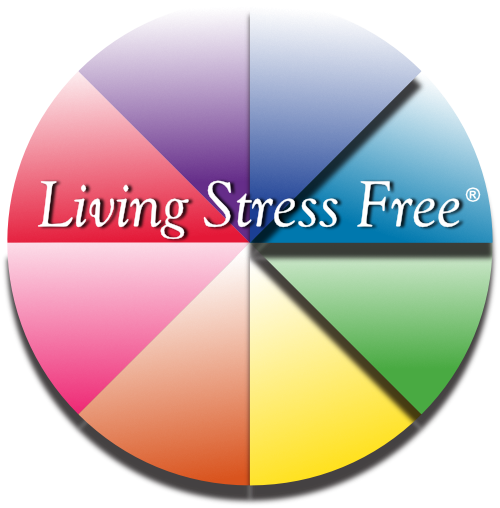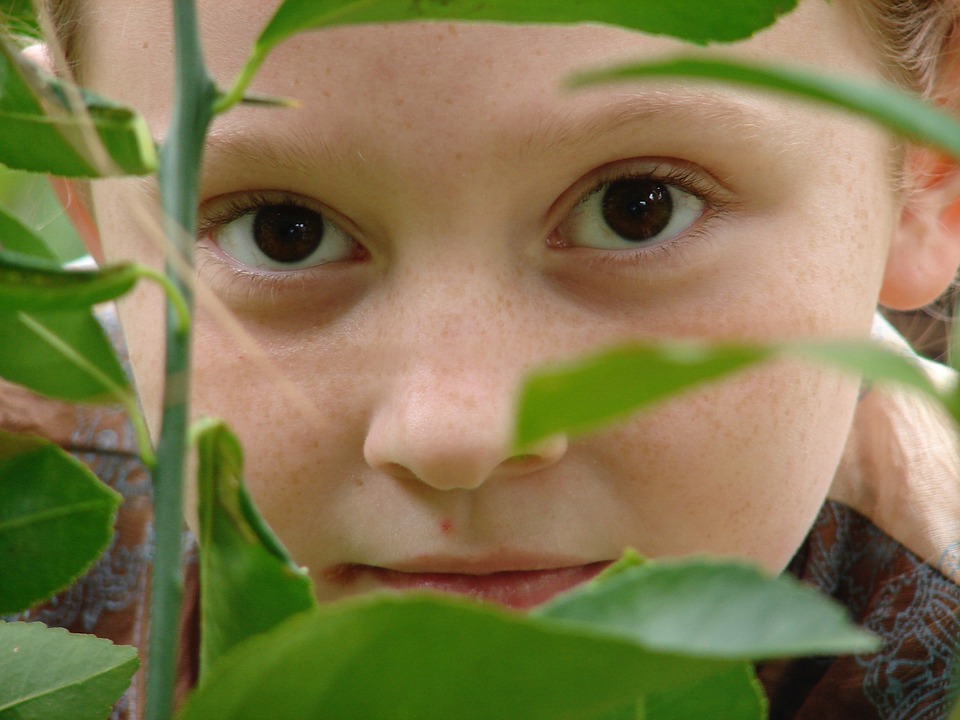Let’s talk about awareness. The Merriam-Webster Dictionary gives the definition of “aware” as having or showing realization, perception or knowledge. Consequently, being aware equals knowing something. What if we look at awareness on a broader scale. If we limit awareness to just having knowledge, it stays on the level of thought and all thoughts are based on the past. The mind compares our present experience with memories of our impressions from the past. If we can perceive awareness as an action that goes beyond just knowledge, we have an amazing tool that can enhance our experience of life and potentially create positive change.
Awareness in terms of self improvement or a catalyst for change refers to mindfulness – our experience of the moment as it is, using all the senses with alert curiosity to perceive exactly what is occurring, not the idea of what is occurring filtered through our untrustworthy mind. It is ever fresh, ever new. Mindfulness is not an activity; it is our very nature. Watch a newborn baby. Since cognitive skills have not been developed yet, the baby lives in a state of mindfulness. We started out that way but our thinking mind became stronger and stronger which covered up the ability to just hang out in the now with alert curiosity. Treating each moment as fresh and new brings a sense of childlike joy and openness back to our experience of life.
There are several techniques that help achieve living in the moment with open awareness. The first is seeing each moment as different, not the same as before. If you listen to anyone who is disgruntled, irritated or disheartened, you will always hear the person state something like this: “See, this is just like what happened before … It figures … Why do I even bother … ” This type of thinking is completely disempowering and usually leads to anger, depression and chronic negativity. The truth is every moment is brand new. The present moment is always moving forward, it is never stagnant, and the future is unpredictable. What has not happened yet is still an untouched treasure that hasn’t been opened. It has the potential to unfold in several different ways. If a person moves into the present with preconceived notions that it will be just like before, the future has then been skewed in a certain direction that weighs heavier for that to occur because the perception of the person set the stage. This is where the term self fulfilling prophesy stems from. It is also this tendency that feeds addiction, obsession and depression. All of these mental states and others similar to these lead to misery.
You can experience right now the newness of every moment. Notice your breathing pattern as you are reading this. Notice the air go in and the air go out. That is the last time you will ever take that particular breath during that particular moment. It was also the first time that breath was taken as well! You can do this with walking. Each step you take is the last time you will ever take that step, in that way, in that moment. Imagine going through your day this way? What a new perspective of life it would bring. The more you can see the newness of each interaction, each task, each meeting, each meal, each night’s sleep, the more you will see each moment as different, not the same. This is an inspired way to live.
Another technique that is related to the newness of each moment is curiosity. By curiosity I am referring to complete curiosity, not just having a curious intellect. Being curious with your body, your senses. If you walk through a park and you are thinking the entire time you have lost the experience of the park. However, if you walk through a park and notice what you see, what you hear, what you smell, and how the air feels you are keeping open alert awareness – curiosity.
Beware of curiosity killers. For example, you drive to work the same route you always take and you start noticing what is different on this drive than yesterday’s drive. You notice the weather is different, traffic patterns have slightly changed, different people are walking by at the intersection. Once your mind kicks in and starts comparing this to yesterday, making judgments on why the traffic is so slow, or reminding you that the oil has to be changed in your car, you’ve lost the moment.
Curiosity does not mean being curious about your ideas or agenda. It just means taking in what is – noticing the is-ness of life. This is similar to acceptance but it is more accurate to call it “allowing.” Acceptance sometimes signifies defeat or surrender. Allowing has no emotional reaction attached to it. For example, we allow the fact that food cools off when it sits for a while. This is not something we must accept. The more you live with the attitude of allowing, the more you will naturally drop judgment.
Mindfulness teachers often state that mindfulness is nonjudgmental awareness and suggest this as a practice. There is no need to practice being nonjudgmental. If you go about your day allowing whatever occurs you will naturally drop seeing things as good or bad. Things are as they are. That’s it. It’s a freeing experience. And if you are serious about lowering your stress and decreasing worry, frustration or negativity, allowing is a state of mind that will help tremendously.
Another essential tool that will transform your perception of life and make the other techniques spontaneous and automatic is nondirective meditation practice – effortless mindfulness. Anyone can practice nondirective meditation because it does not require strenuous concentration or having to focus your mind on one object. It is a well established technique that is completely secular and can be practiced anywhere, anytime, without any props, headphones or portable devices. You don’t even need a quiet space. Nondirective meditation has been shown to help the brain expel stress from your body and mind. All that is required is 15-20 minutes per day of formal sitting meditation practice after receiving instruction from a qualified teacher.
In closing, the practice of complete alert awareness as you go through your day is one of the most helpful ways to thrive. It leads to increased insight, efficiency, productivity, inspiration, clarity, wholeness and success. It decreases mental distraction, forgetfulness, poor concentration, obsessiveness and negative emotions. The techniques of seeing each moment as brand new, cultivating curiosity and allowing are extremely helpful and easy to adapt. Starting a daily nondirective meditation practice is also a simple, effective way of establishing the inner state needed to live a mindful lifestyle.

